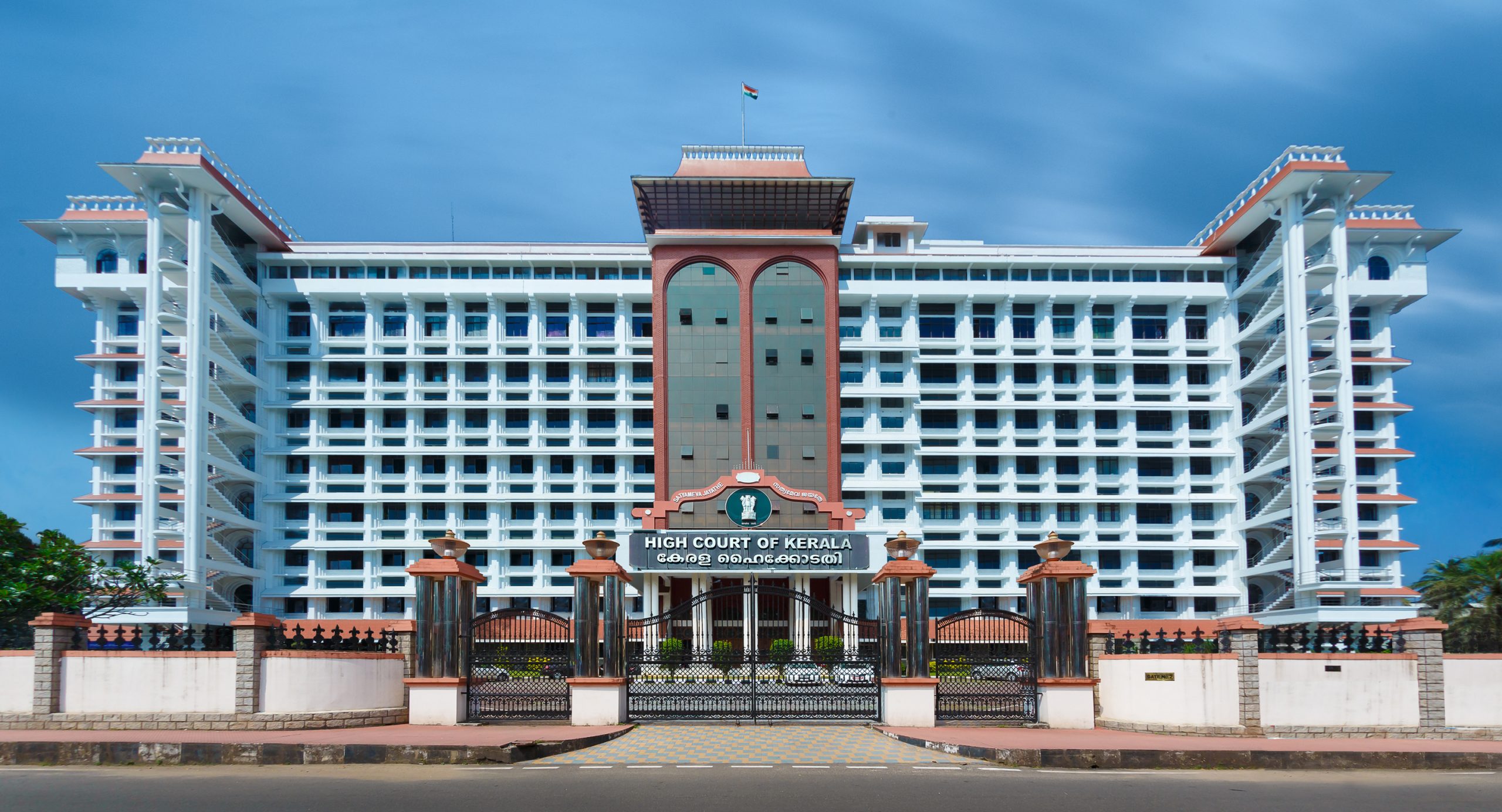Let organ donation law become path breaker for communal harmony: Kerala HC

1. High court overrules the Order prohibiting Criminal Donating Kidney: Justice P.V. Kunhikrishnan
There’s no “criminal kidney or criminal liver or criminal heart”, Kerala High Court has ruled while chastising an organ-transplant authorisation committee that had rejected a kidney donor because he was accused of “multiple criminal offences”.
“Human blood is passing through all of us,” Justice P.V. Kunhikrishnan observed while setting aside the committee’s order. He linked the matter to the “idea of secularism”.The law for human organ donation should act as a “path-breaker for communal harmony and the idea of secularism”, the single-judge bench said.
“Let the Hindus, Christians, Muslims, Sikhs and even persons with criminal backgrounds donate their organs to needy people irrespective of their caste or creed or religion, or criminal background. That will be a day that was dreamed (of) by the founding fathers of our Constitution,” the August 27 judgment said.
2. Background of the Case
Petitioner Radhakrishna Pillai, 54, from Kollam had approached the court on August 10 after the “district-level authorisation committee for transplantation of human organs” rejected his application for permission to accept a kidney from 38-year-old Sajeev R., his driver. Pillai and Sajeev had furnished all the necessary permissions and documents. Sajeev had declared he was donating a kidney since he had a close relationship with Pillai, who had suffered complete renal failure. But the committee refused permission, saying: “The donor is involved in multiple criminal offences.”
Transplantation of Human Organ Act
Organ transplantation is a donation of an organ to a person with an end-stage of organ who needs a transplant.
In India Transplantation of Human Organs Act was passed in 1994. It provides a system to regulate the removal, storage and transplantation of human organs for therapeutic purposes and for the prevention of commercial dealings in human organs. Consequently, this act was amended in 2011. In pursuance of the amendment Act 2011, Transplantation of Human Organs and Tissues Rules 2014 have been notified in March 2014.
A person during his life can donate one kidney (the other kidney is capable of maintaining the body functions adequately for the donor), a portion of the pancreas (half of the pancreas is adequate for sustaining pancreatic functions) and a part of the liver (the segments of the liver will regenerate after a period of time in both recipient and donor).
The main provisions of the THO Act and the newly passed Gazette by the Government of India include the following:
-
For living donation – it defines who can donate without any legal formalities. The relatives who are allowed to donate include mother, father, brothers, sisters, son, daughter, and spouse. Recently, in the new Gazette grandparents have been included in the list of first relatives. The first relatives are required to provide proof of their relationship by genetic testing and/or by legal documents. In the event of there being no first relatives, the recipient and donor are required to seek special permission from the government-appointed authorization committee and appear for an interview in front of the committee to prove that the motive of donation is purely out of altruism or affection for the recipient.
-
Brain death and its declaration – brain death is defined by the following criteria: two certifications are required 6 hours apart from doctors and two of these have to be doctors nominated by the appropriate authority of the government with one of the two being an expert in the field of neurology.





